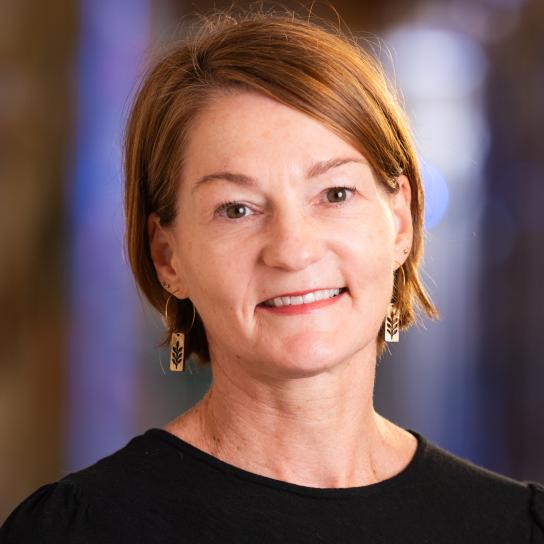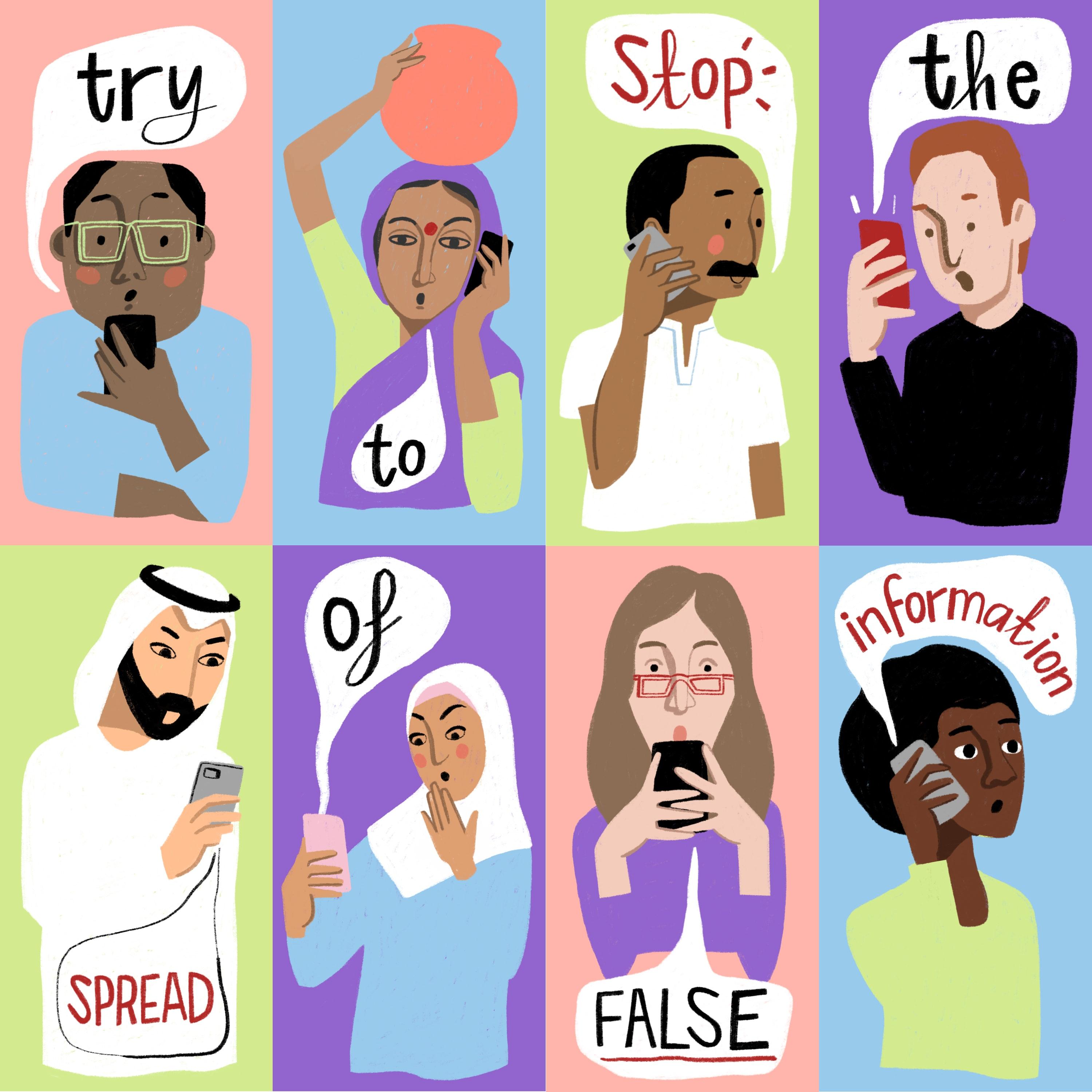by Beth Staats
Quick Summary
Last week I attended another in ALA's Media Literacy webinar series. This session was titled, Media Literacy for Adults: Architecture of the Internet, and presented by Natasha Casey, Professor of Communications at Blackburn College. Her presentation was filled with information on how our digital environment functions, including cookies, algorithms, and questions to ask to start a discussion or program with library patrons.

Last week I attended another in ALA's Media Literacy webinar series. This session was titled, Media Literacy for Adults: Architecture of the Internet, and presented by Natasha Casey, Professor of Communications at Blackburn College. Her presentation was filled with information on how our digital environment functions, including cookies, algorithms, and questions to ask to start a discussion or program with library patrons.
The session began with an introduction to the terms information literacy and media literacy, which have many commonalities including discovery, production, value, use, creation, analysis, and evaluation. Professor Casey then went on to point out some differences between information in the past and in the current, Digital Age. We know that many of us are now suffering from information overload when people used to be hungry for it. Obvious new technologies have allowed us to create and widely share information. The conflict between the speed and accuracy of information has escalated. Finally, technology makes it easy to select the information that supports our preexisting beliefs, reinforcing rather than challenging them.
So, how does the digital environment function? Professor Casey helped define and explain what she called some of the "big ideas" of the architecture of the Internet. The first was cookies. She gave a definition and also showed a brief video by the Guardian out of London that really helped to grasp this concept. The next "big idea" she covered was algorithms. Even though algorithms have been around for many years, they have an impact on just about everything. From Wired, this quote from this August 11, 2014, article, "Wanna Build Your Own Google? Visit the App Store for Algorithms" was introduced, "Today's internet is ruled by algorithms. These mathematical creations determine what you see in your Facebook feed, what movies Netflix recommends to you, and what ads you see in your Gmail."
The webinar came to a close with some information on filter bubbles and confirmation bias. We watched a brief clip of a TED Talk given by Eli Pariser, titled, Beware online "filter bubbles". Then Casey offered up some questions to get us, as attendees, to start thinking about these things and how we might share them with our patrons. What are the advantages and disadvantages of the personalization of search engines and websites? Visit Your Ad Choices to run a diagnostic on your computer or phone to see which marketing companies are tracking you. Ask patrons what they learned by doing this? Why or why not do they care?

